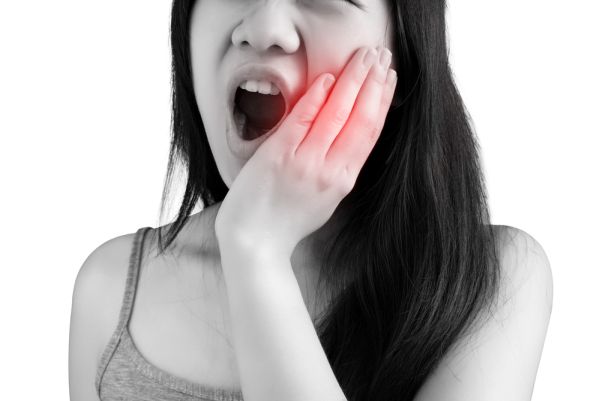4 Traumatic Dental Injuries

A traumatic dental injury can be the result of many accidents, from sports injuries to car wrecks.
While there are moments where precaution can be taken to minimize the risk of suffering dental injuries, the fact of the matter is they are not always preventable.
Common traumatic dental injuries
Since traumatic dental injuries are hard to predict and accidents do occur from time to time, it is essential to be informed of the most common types of traumatic dental injuries. This way, you know what to do and how to seek dental assistance when an injury occurs.
The following are four dental injuries that require dental care as soon as possible.
Knocked-out teeth
One of the most common types of traumatic dental injuries is a knocked-out tooth. A tooth can get knocked out for many different reasons, including a blow to the mouth during a sporting event or a small fall while walking.
If a tooth, or multiple teeth, are knocked out, certain actions should be taken. First, wash the mouth as soon as possible and apply a firm amount of pressure to the affected area to stop any bleeding. Then visit the dentist with the knocked-out teeth. You may be able to save it if you see a dentist in time.
Chipped or cracked teeth
Chipped or cracked teeth often result from many of the same activities as knocked-out teeth, which includes sports and reckless activity. Subsequently, chipped or cracked teeth are more common in younger individuals than they are in the elderly.
If a dental injury results in a chipped or cracked tooth, it is essential to call your dentist and schedule an emergency appointment. After a tooth cracks or chips, there is an increased chance of infection, which a dental office can help prevent by utilizing a variety of treatment methods, including a dental crown, tooth bonding and dental veneers.
Soft tissue injury
When traumatic dental injuries occur, more than the just tooth is at risk of suffering from the result. If the tongue, cheeks, gums or lips are severely hurt during a dental injury, it is vital to visit a dental office for treatment.
Soft tissue injuries often result in bleeding, and it is crucial that you rinse your mouth and stop the bleeding as soon as possible. Upon arrival at the office, the dentists are likely to diagnose the extent of the injury and then determine the treatment. This might include tooth restoration or stitches if a laceration occurred.
Facial bone injury
A facial bone injury usually only results in more severe dental injuries. If a fracture occurs to the bone around the mouth, then surgery is likely required to repair the damage and treat the fracture. You will need medical care immediately, so do not expect to see your normal dentist.
How to prevent dental injuries
If you or your loved ones participate in sports or other risky behavior, then speak to your dentist about safety equipment. Mouth guards do well to keep teeth safe during all types of sports.
Oral care and hygiene are the best ways to prevent an injury. Call our office to schedule an appointment and maintain a healthy, strong set of teeth.
Are you considering dental treatment in the Port Charlotte area? Get more information at https://dragonflydentalportcharlotte.com.
Check out what others are saying about our dental services on Google: Dental Center.
Related Posts
Cosmetic dentists take pride in enhancing the appearance of their patients' smiles. Since everyone has different treatment goals, finding the right dentist can take some time and research. Asking yourself a few simple questions can help you figure out what you need in a cosmetic dentist, streamlining your search.While all general dentists complete training to…
Aging affects every part of the body, including the look and health of the teeth. A cosmetic dentist can address the common dental challenges that come with aging teeth and gums. As people get older, their teeth may become discolored, worn, chipped, or misaligned. Gums can recede, become sensitive, or show signs of disease. Cosmetic…
A cosmetic dentist specializes in enhancing the appearance of the teeth, gums, and smile through various treatments designed to improve both function and aesthetics. While general dentists provide essential care to maintain oral health, a cosmetic dentist focuses on cosmetic procedures that can transform the look of your smile. Visiting this professional offers several key…
A cosmetic dentist can be any dentist who helps improve the look of the smile through treatments like whitening, veneers, and clear aligners. Many patients want to know whether they should see a cosmetic dentist or an orthodontist when planning to straighten their teeth. The answer depends on the type of dental issue and the…
